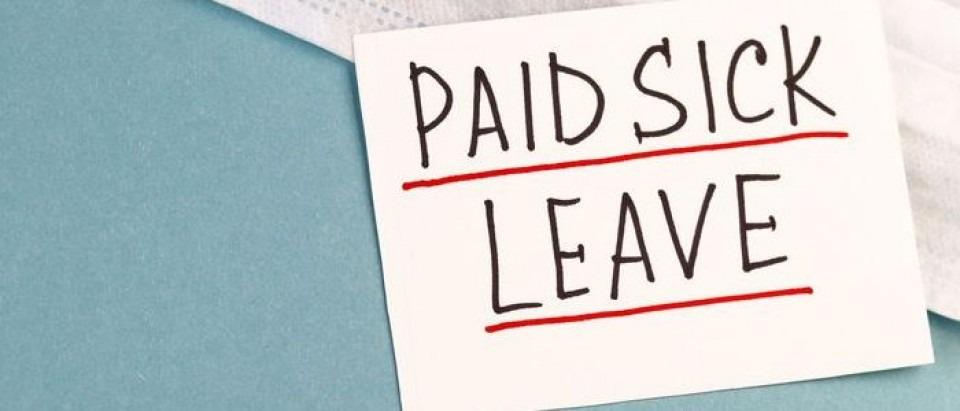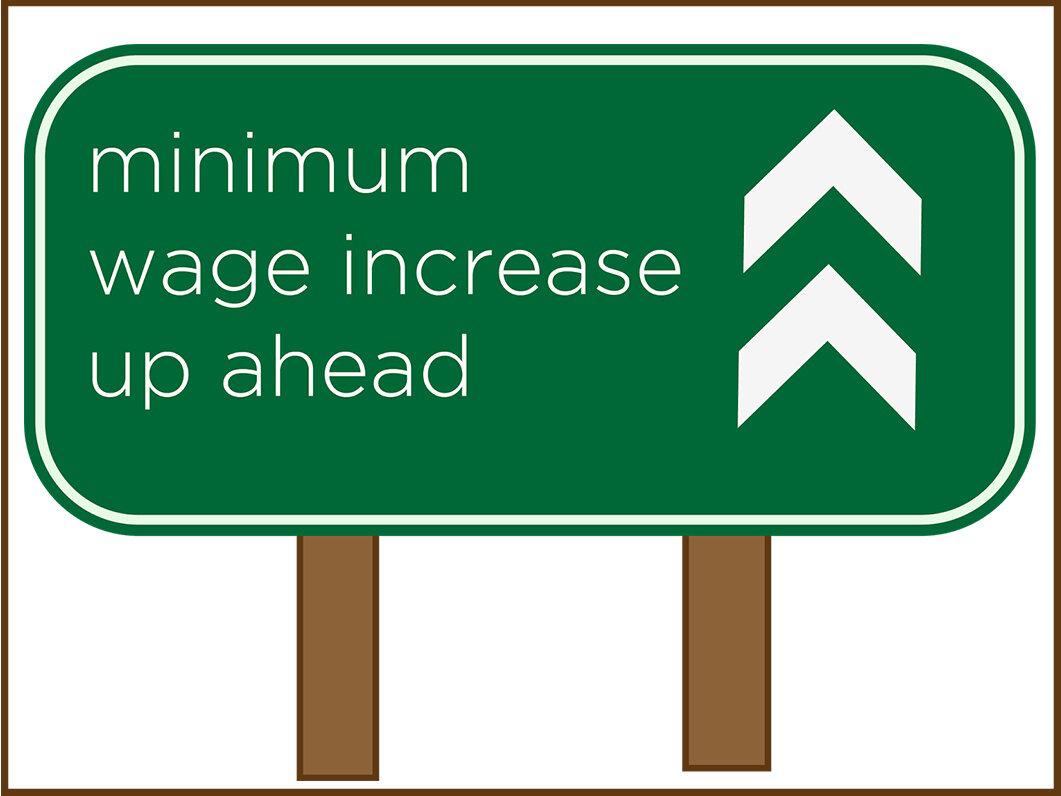2021 Law Changes Round – up
From sick leave updates to minimum wage increase, China Chamber of Commerce in New Zealand has gathered this year's law changes into one place. Check out this summary below see what applies to your business.
A. Sick Leave Changes

When: From 24 July 2021
What: The number of sick leave days employees are entitled to will increase from five to 10. Employees will get the extra five days when they reach their next entitlement date – either after being employed in a job for six months or on their sick leave entitlement anniversary (12 months after they were last entitled to sick leave).
Employees who already get 10 or more sick days a year will not be affected by this change.
Why: To ensure that employees have enough time to recover from sickness or injury, making the workplace healthier and more productive.
What you need to do: After an employee has been working for you for six months, or when an employee reaches their next entitlement date after 24 July 2021, they will be entitled to an extra five days paid sick leave a year.
This means everything else remains consistent but there are slight variations to what you need to do.
You must:
•Allow for employees to accumulate up to 20 days of sick leave. This means employees can carry over 10 days of unused sick leave into the next year.
•Ensure that payroll systems have been updated to reflect the increase in sick leave.
•Update employment agreements to align with employee’s new sick leave entitlements where necessary. The new minimum entitlements will apply whether or not an employment agreement is updated, but updating the agreement is best practice.
•Be aware of the changes and communicate with employees.
•Allow employees to use sick leave to care for a sick or injured spouse, partner, dependent child or any other dependent individual.
•Pay a sick employee what they’d get if they’d worked a normal day, including bonuses, overtime, etc.
You can:
•Let employees who’ve worked for you for less than six months take sick leave in advance.
•Choose to let employees carry over extra sick leave, beyond the 20-day requirement from year to year.
•Offer more than 10 days sick leave a year.
This also applies to casual workers if, after six months, they have worked
•an average of at least 10 hours a week and
•at least one hour a week or 40 hours a month.
https://www.employment.govt.nz/about/news-and-updates/minimum-sick-leave-entitlement-increase-to-10-days/
— Employment New Zealand
https://www.employment.govt.nz/leave-and-holidays/sick-leave/sick-leave-entitlements/
— Employment New Zealand
B.Minimum wage increase

When: From 1 April 2021
What: The new minimum wage rates, before tax, are:
•Adult - $20.00 an hour (up from $18.90)
•Starting-out - $16.00 per hour (up from $15.12)
•Training - $16.00 per hour (up from $15.12)
Minimum pay rules
Why: By law, the government must review the minimum wage rates every year.
What you need to do:
•If you do have staff on minimum wage, send them a letter or email to let them know about the increase.
•If any workers are on starting-out or training wages, now is a good time to check when they’ll be eligible to move to the adult rate.
•If you pay staff minimum wages, recalculate your budget for the rest of the year, as you’ll be paying out more in wages. To work out the updated cost of your employees, use the Employee Cost Calculator.
•Check that any affected employment contracts are updated.
•Talk to whoever runs your payroll system to make sure they're ready for the changes.
•If your payroll and employment agreements are a few years old, you can use this as a chance to update them using our free and easy tool, Employment Agreement Builder. Note that it is a legal requirement to have a written employment agreement with all your staff.
https://www.employment.govt.nz/hours-and-wages/pay/minimum-wage/
– Employment New Zealand



